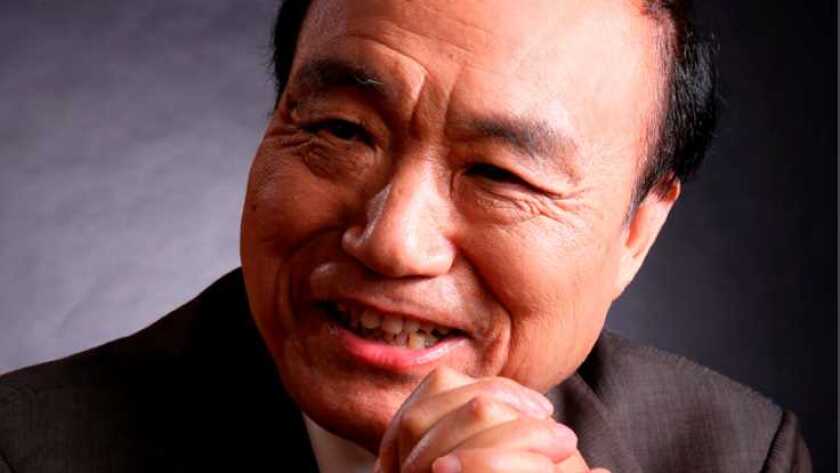At the same ITU meeting, talking place in Dubai, member countries elected an American, Doreen Bogdan-Martin, to be director of the ITU’s Telecommunication Development Bureau (BDT, from its French name).
That means she will have a continuing influence on the bureau’s policies and regulation to promote telecoms in developing countries. She is the first woman to have any leadership position in the 153 years of the ITU, which is a United Nations agency.
Zhao won 176 votes from member countries at the meeting, which started last Monday and continues for a further two weeks.
Bogdan-Martin faced competition in her election, but she won comfortably with 95 votes from member states. Cosmas Zavazava of Zimbabwe received 66 votes and William Ijeh of Nigeria received 16 votes.
Zhao, an information and communication technology engineer who has served in a variety of senior management positions at the ITU, will begin his second term on 1 January 2019. His first term started in 2015 and since then he has campaigned for governments to support the telecoms industry.
“We continue to connect the unconnected,” he said. “We are strengthening partnerships to implement our common vision of a connected world, where information and communication technology is a source for good for everyone everywhere.”
Zhao supported Bogdan-Martin’s election to the BDT, and she also received the backing of the US government. She worked for the US Department of Commerce until 1993, when she was seconded to the BDT for the first World Telecommunication Development Conference, which took place in 1994. She has continued to work for the BDT for the past 25 years, based in Geneva.
“I will ensure that BDT capitalises on its unique combination of public and private sector membership and relationships with international organisations and institutions,” she wrote in her candidate’s statement.
“The BDT will practise a culture of collaboration, including with outside investors, operators, technology companies, development banks, and expert bodies.”
Zhao said his priorities were what he called the “Four Is” – infrastructure, investment, innovation and inclusiveness. “We need to upgrade existing ICT infrastructure, and we need to extend it to reach those poorly connected or unconnected areas,” he said. “We need to encourage more investment, from both the public and private sectors, and we need to create a good environment to attract investment. We need both technology and business innovation. We should not leave anyone behind.”






